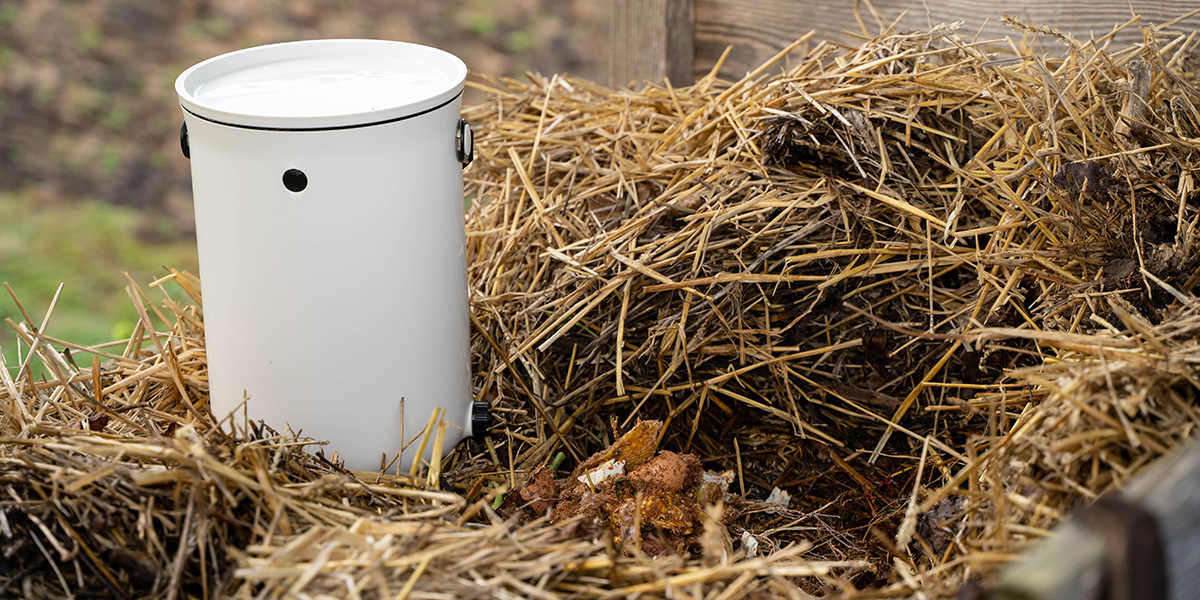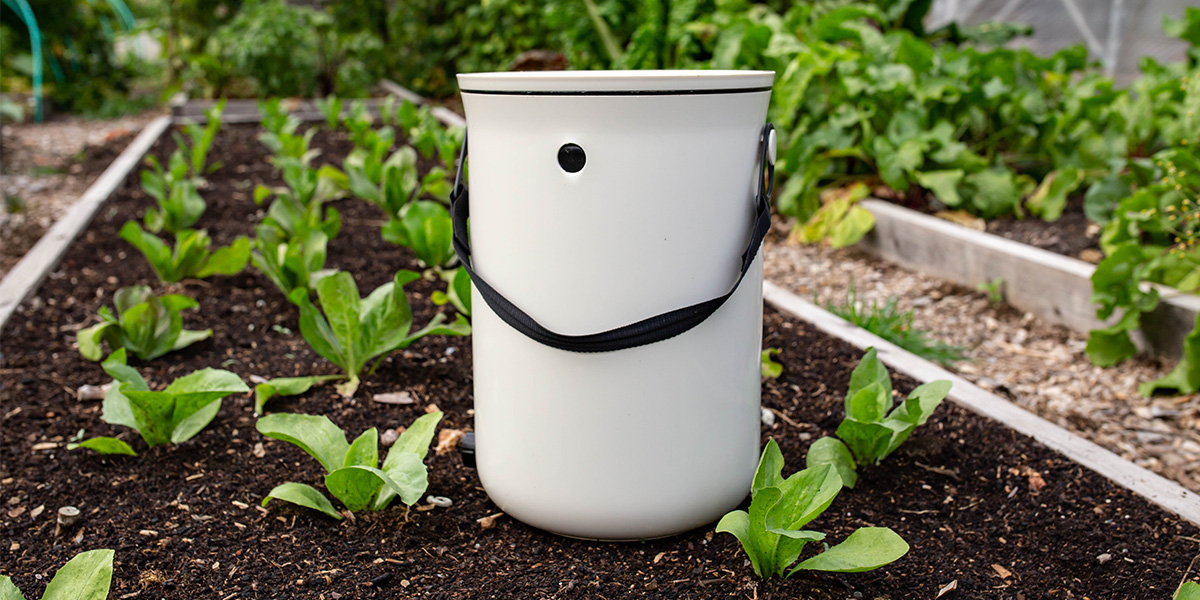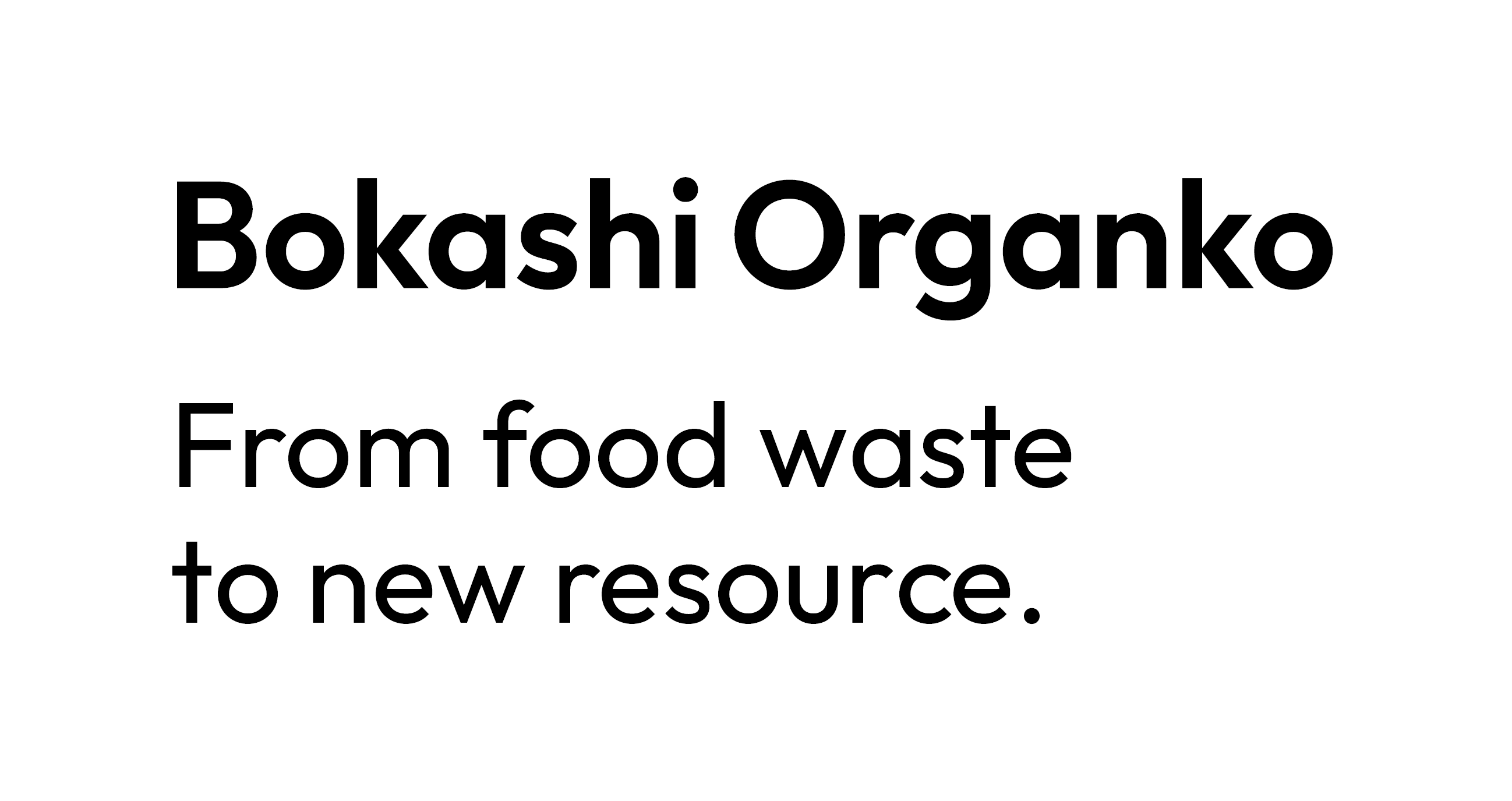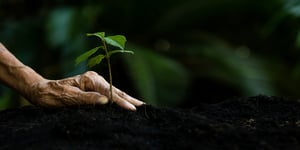We’ve been getting a lot of questions from our readers asking, which is right - Bokashi composting or Bokashi fermentation. As such, we decided to write this article and thus clarify this confusion once and for all. As far as which of the two wordings is correct goes, they are both right and both used regularly. However, if you want to be technically correct, Bokashi fermentation is the right choice of wording.
In order to truly understand why Bokashi fermentation is the technically correct wording and why Bokashi composting is used more commonly, you need to understand the concept of composting, fermentation, and Bokashi fermentation in particular.
A Path Towards Understanding Bokashi fermentation: What Is Composting?
The term composting refers to the process of using natural processes to convert organic waste into nutrient-rich soil builder - compost. Furthermore, composting uses the same method of decomposition process as it naturally occurs in nature. Yet, it is a way for humans to ensure that biowaste is piled up and maintained under proper conditions to ensure that natural material is decomposed in a beneficial way and that we can reuse the end product. If you want a deeper understanding of why compost, check out our past article providing more details on that subject. There you will also learn about the benefits of composting.
Moreover, while the term “composting” is often used for all types of organic waste decomposition, it is technically correct only when aerobic decomposition is in question. In addition, aside from the amount of air present, there are other core factors affecting the composting process, mainly the C:N ratio and the amount of water. In addition, you should also keep in mind that there are multiple ways of composting - hot and cold composting, vermicomposting, traditional composting, and bokashi composting (technically not composting).
As you can see, the technically correct cover term would be “organic material decomposition”. However, the word “composting” tends to be used for all types of organic material decomposition types that have beneficial results and are managed by humans.

A Path Towards Understanding Bokashi fermentation: What Is Fermentation?
Now that you know what composting is, it is time to take a closer look at another type of organic material decomposition - fermentation. So, what is fermentation? If the process of organic material decomposition takes place in an airtight environment (O2 conc. < 5mg/l), it is referred to as anaerobic decomposition. Furthermore, if that process also stimulates life, we call it fermentation. You are probably all familiar with fermented vegetables, such as sauerkraut, right? Well, it undergoes the same process.
Moreover, since the fermentation process takes place in the absence of air, it requires the presence of special kinds of beneficial effective microorganisms (EM). Those are logically called anaerobic EM. In the case of Bokashi fermentation, we introduce them via the use of Bokashi bran or Bokashi spray. The latter is added (sprayed or sprinkled) on top of every layer of organic waste.
The main advantage of the fermentation process is the fact that it ensures the minimal loss of all main elements. As such, it also preserves a very high nutritional value. So, if we use the fermented mass as a soil builder, the plants will benefit from those nutrients greatly. For those interested in diving deeper into the chemistry and biology involving fermentation, make sure to visit our post covering how the fermentation process enables plants easier access to nutrients.
A Path Towards Understanding Bokashi fermentation: What Is Bokashi?
Our puzzle is slowly coming together as we are about to unveil the last piece - Bokashi. Does the word sound Japanese to you? If so, you have a good ear for languages. Bokashi is a Japanese word that means “fermented organic matter”. As such, it shouldn’t come as a surprise to learn that this type of organic decomposition originates from ancient Japan or Korea.

Despite its origin dating far back in history, this ancient method gained popularity in the West in the last couple of years, when more and more people have started looking for responsible ways to handle food waste. And, it turns out that Bokashi fermentation offers the best solution when it comes to indoor composting. Thanks to its airtight principles, using special Bokashi fermentation bins, the process is very neat and suitable for any kitchen size use.
What Is Right - Bokashi fermentation or Bokashi Composting? - Summary
At this point, you know that Bokashi fermentation and Bokashi composting are both legit terms and used interchangeably. Moreover, since “composting” is established as a term to address a popular way to manage organic waste for reuse in gardening, “Bokashi composting” is used more often than “Bokashi fermentation”. However, it is the latter that is technically correct. Considering all this, it is totally up to you to decide which of the two terms resonates with you better and would you prefer to use.
As far as we are concerned, we do not have any preferences. All we care about is getting as many people as possible informed about this practical indoor food waste management method. This way, every household can easily contribute to organic waste reduction, CO2 reduction, and organic material reuse. Moreover, by using Bokashi Organko or other high-quality Bokashi fermentation bins, humans ensure that organic gardening becomes a new norm sooner rather than later.
Thank you for taking action and putting your care for the environment high on your priority list. Together we can make a difference!


